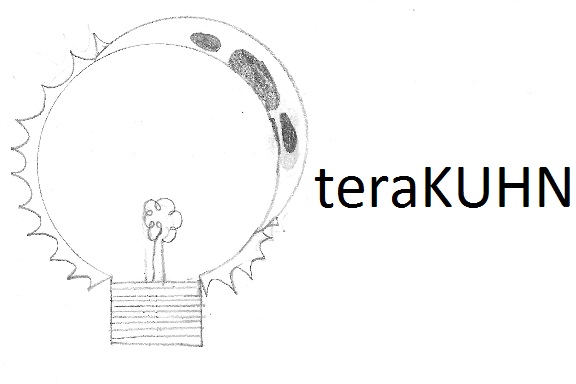
"I believe that this nation should commit itself to achieving the goal, before this decade is out, of landing a man on the moon and returning him safely to the earth. No single space project in this period will be more impressive to mankind, or more important for the long-range exploration of space; and none will be so difficult or expensive to accomplish."
- John F. Kennedy (US President)
"That's one small step for a man, one giant leap for mankind."
- Neil Armstrong (US Astronaut)
"Millions of people were inspired by the Apollo Program. I was five years old when I watched Apollo 11 unfold on television, and without any doubt it was a big contributor to my passions for science, engineering, and exploration."
- Jeff Bezos (Amazon CEO and founder of the spaceflight company Blue Origin)
"The future of humanity is going to bifurcate in two directions: Either it's going to become multiplanetary, or it's going to remain confined to one planet and eventually there's going to be an extinction event."
- Elon Musk (Tesla Motors CEO and founder of the spaceflight company SpaceX)
"The most important thing we can do is inspire young minds and to advance the kind of science, math and technology education that will help youngsters take us to the next phase of space travel."
- John Glenn (US Astronaut)
This site is dedicated to students learning science, technology, and engineering, and understanding how to get to the moon and how to nurture plant life in that hostile environment. No endeavor in their education will be more important for the long-range survival of mankind. This would be similar to repeating the Apollo Program or Zond Program, but instead of taking humans to the Lunar surface or life around the Moon, the program establishes plant life on the Lunar surface. The Google Lunar XPRIZE is a competition where to win, a privately funded team must be the first to successfully place a spacecraft on the moon’s surface, travel 500 meters, and transmit high-definition video and images back to Earth, so these types of efforts aren't limited to government programs. Also, NASA has plans for a Lunar plant growth experiment.
The pages on this web site have more details about the science, technology, and engineering involved in previous programs. First, read about how a little Viking history relates to becoming multiplanetary, and the history of life that has traveled beyond earth orbit to date.
Then, move on to learning chemistry, physics, electronics, software engineering, and botany.